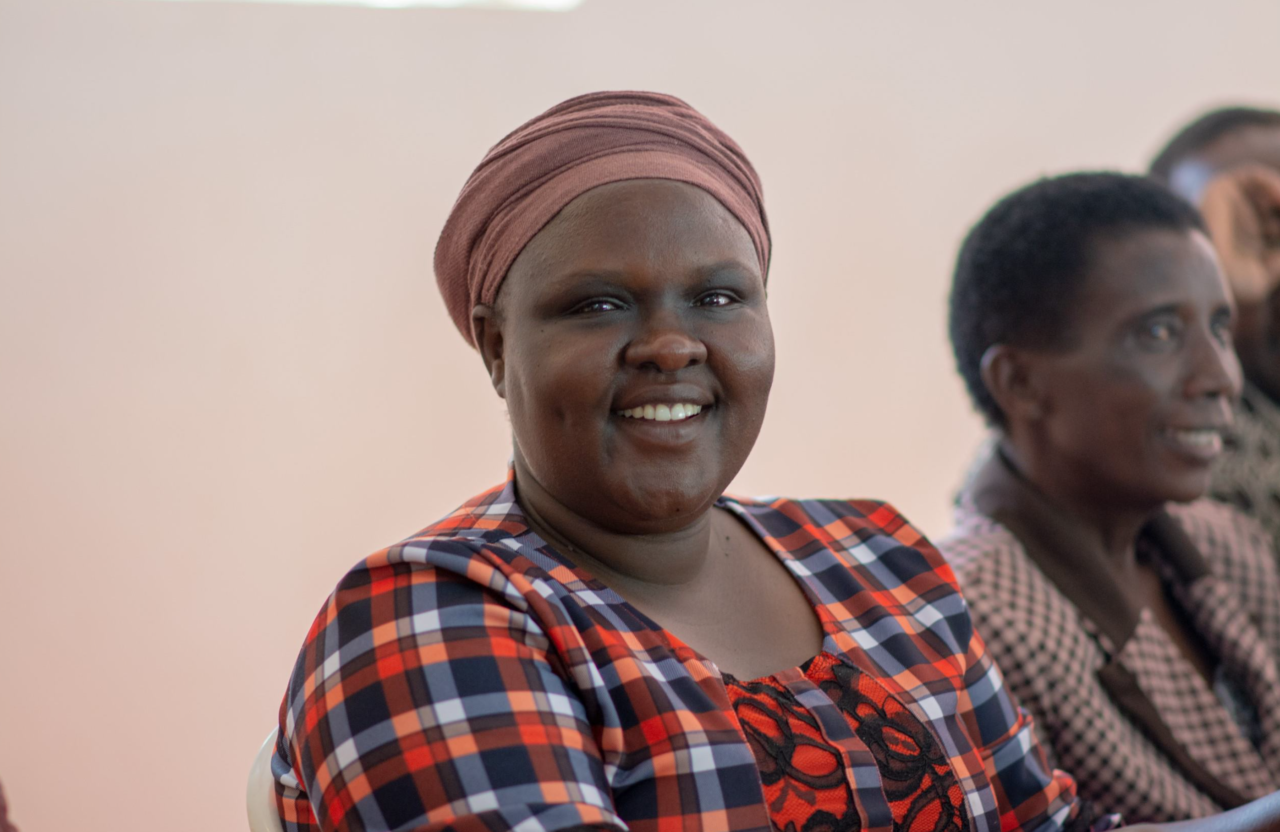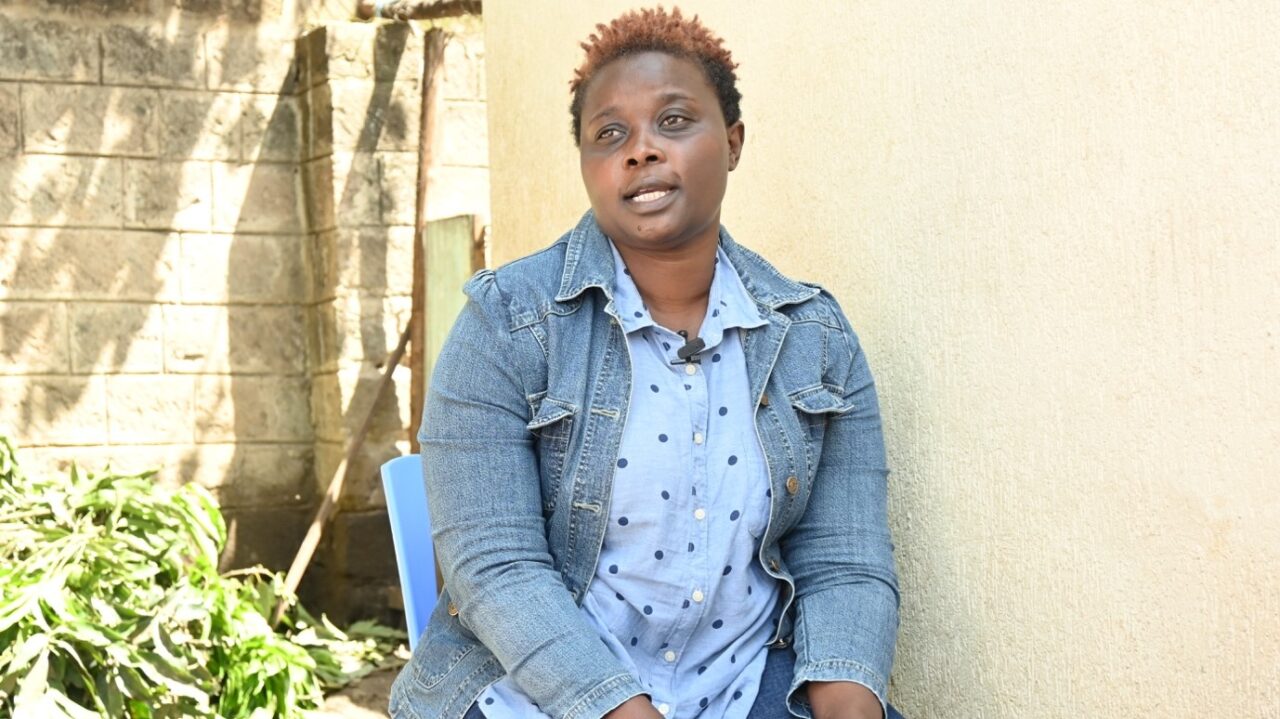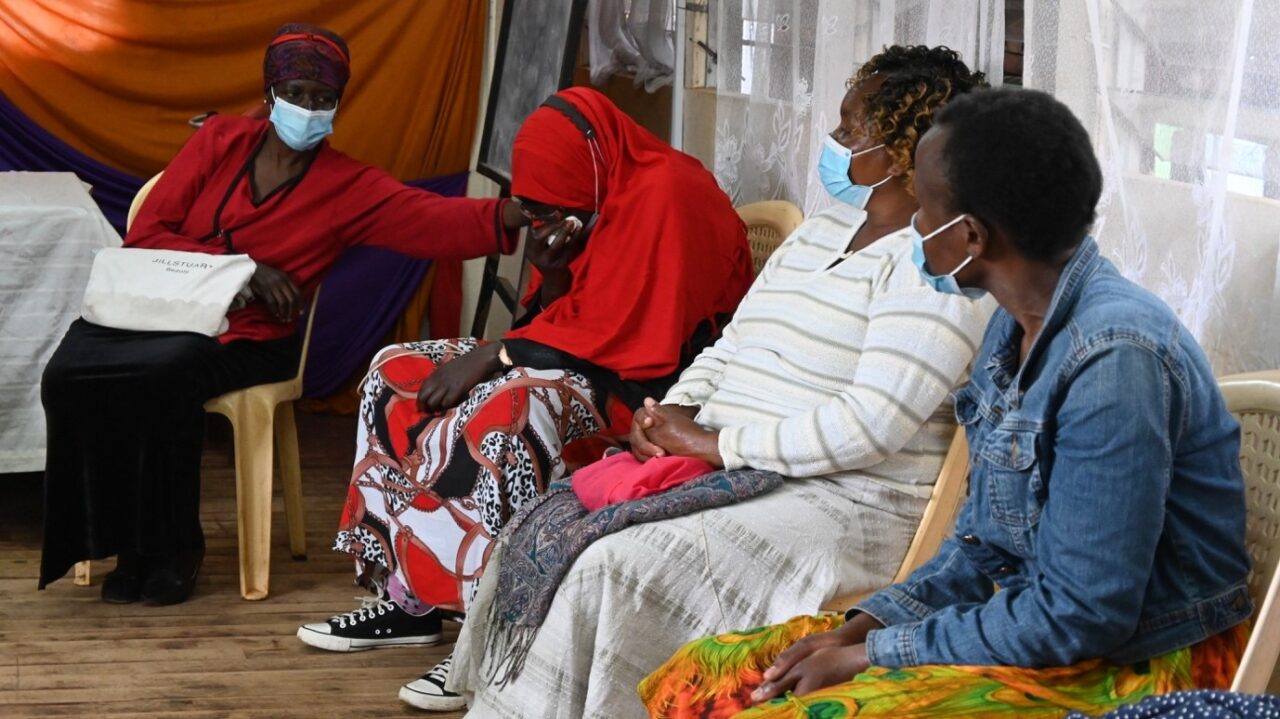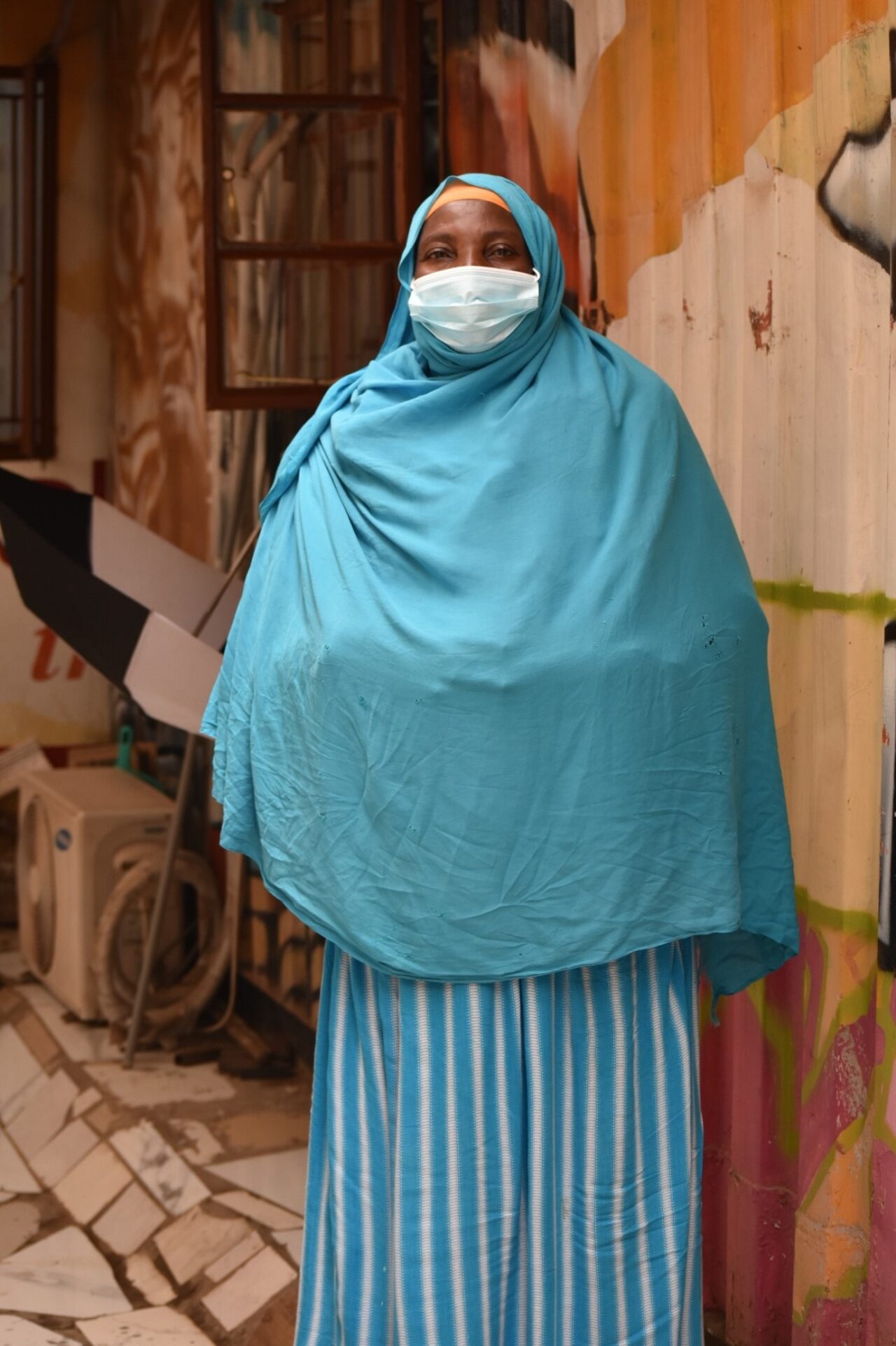This year as the world marks the 30th anniversary of 16 Days of Activism against Gender Based Violence (GBV), many women and girls are still grappling with the vice, with one in three women globally still experiencing violence.
Prior to the pandemic, violence was already a daily reality for many women and girls in Kenya with at least 41 percent reporting to have experienced either sexual or physical violence among other forms of GBV.
During the pandemic however, we have seen aggravated levels of violence against women and girls compounded by the preexisting gender inequalities.
Government data shows that GBV cases increased by 92 percent in the first year of the COVID-19 pandemic. Majority of these cases were perpetrated by intimate partners, close family members and persons known to survivors. It is a sequence that continues to go unabated.
It is a concern that Leticia Achieng, a survivor of intimate partner violence believes we must change to create safe households and communities for women to enjoy dignified lives.
In the Kibera settlements where she resides, it is not uncommon to hear screams of women being battered at night, or reports of incidences of women being killed by their spouses and some sustaining serious injuries that maim their lives forever.
“Taking lessons from my experiences, I believe communities must start by changing their mindsets and deal with the systemic inequalities that silences women and girls and enables perpetrators to thrive,” she says.
Across communities, a growing evidence show that gendered norms and power imbalances drives violence against women and girls. Evidently, men hold the preponderance of power in families, communities, work places, institutions and politics. The reality of this power imbalances, means that men are the main perpetrators of violence against women and girls, as well as boys and other men. To shift the narrative, Achieng believes it starts from home.
As a mother of two teenage boys, she says she has been intentional on how she nurtures and brings up her boys from when they were young. She notes that parenting young boys to grow up to men who respect women starts from home.
“I believe, good naturing starts from home and thus education must start when they are young, then they will assimilate the attitudes and actions as they grow up,” says Achieng.
“Bullying has become so rife in schools and parents don’t talk about it. When a child pushes, punches or smacks another, we hail them and excuse their violent behaviours,” she adds, noting that with good role modelling, we can change the path for our children and communities when it comes to addressing violence against women and girls.
Growing up, Achieng says she never saw her father treat her mother with respect. He was abusive to everyone in every way. I grew up knowing women should be submissive to men. The repeated forms of violence I faced made me realize that there is more to life other than being silenced by violence.
“Oftenly we caution women to dress ‘decently’ not to give the wrong impression, reason being, we are protecting them! I believe we must do better. It takes us all to teach our boys about consent and equal treatment of women in all spectrum,” she says.
In Kibera where Achieng lives, CREAW has been engaging communities in conversations to shift the narratives of male violence towards women and girls, issues of rape, defilement, femicide and other forms of intimate partner violence has been more prevalent during the pandemic. Achieng has been attending these community dialogues that she says has empowered her to challenge actions and attitudes that drives violence against women and girls in her community.
In the global arena and even here in Kenya, the wave of #MeToo and #TimesUp movements have amplified the voices of survivors to speak out on abuses and more so the everyday sexism that women and girls contend with at home, in the streets and just everywhere. With such widespread on violence against women, communities must be assertive enough and devise solutions to bring up men who respects and protect women and girls.
“I am raising my boys to respect women and girls but I know, it is not just the responsibilities of mothers but all in the community. I am raising my sons to use their power positively and the importance of equality,” says Achieng.
To address the various forms of violence against women and girls, CREAW continues to initiate and adapt interventions across communities. We are educating women and girls like Achieng to rise up and use their voices to claim their rights and demand for accountability from communities and authorities to prevent and respond to violence against women and girls.












